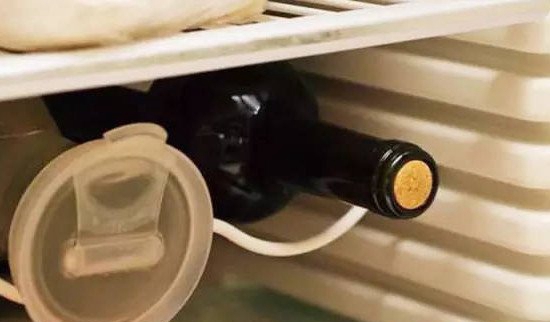连分式分式
下面是我做到了与小数和它的作品:
Here's how I did it with decimals and it works:
double continuedFractionDecimal(int a[], int size)
{
double fraction = a[size - 1];
for(int i = size - 2; i >= 0; i--)
{
fraction = a[i] + 1/fraction;
}
return fraction;
}
我的问题是你怎么做同样的事情,使用整数小数运算:一个分子和分母。我需要非递归做到这一点,一切都应该在函数中不包含任何额外的东西做的工作要做。我不认为这是很难一旦你知道怎么做,但对我来说这是不可能的,我不能想象它,我AP preciate任何指导......谢谢你。
My question is how do you do the same thing with fractional arithmetic using ints: a numerator and a denominator. I need to do it nonrecursively and everything should be done within the function without including anything extra to do it. I don't think it's that hard once you know how to do it but to me it's impossible I can't visualize it, I appreciate any guidance... thank you.
推荐答案
如果我理解连分数正确的,你不需要计算的分子和分母的最大公约数。
If I understand continued fractions correctly, you don't need to compute the GCD of the numerator and the denominator.
下面的程序做这项工作:
The following program does the job:
#include <iostream>
#include <utility>
std::pair<int, int> getFraction(int a[], int size)
{
int n = 1;
int d = a[size-1];
for(int i = size - 2; i >= 0; i--)
{
int nextd = d*a[i] + n;
n = d;
d = nextd;
}
// When we are done, d is the numerator and n is the denominator.
return std::make_pair(d, n);
}
int main()
{
int a[] = {4, 2, 6, 7};
int size = sizeof(a)/sizeof(a[0]);
std::pair<int, int> f = getFraction(a, size);
std::cout
<< "Numerator: " << f.first
<< ", Denominator: " << f.second << std::endl;
}
运行程序的输出:
Output of running the program:
Numerator: 415, Denominator: 93












